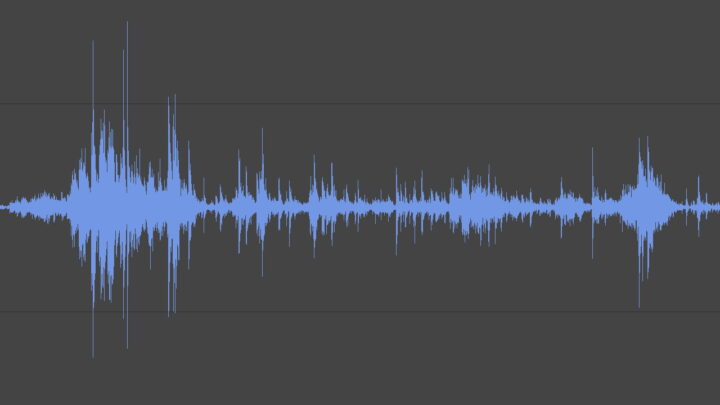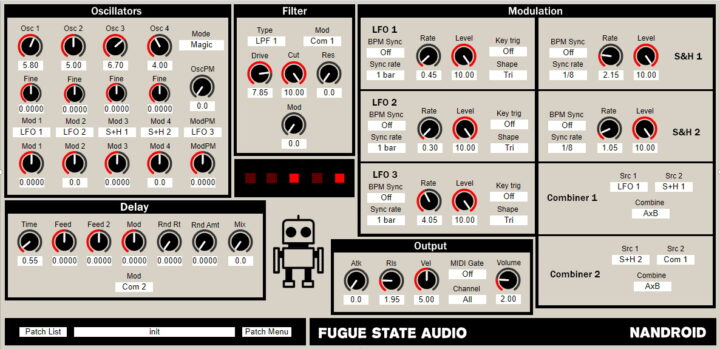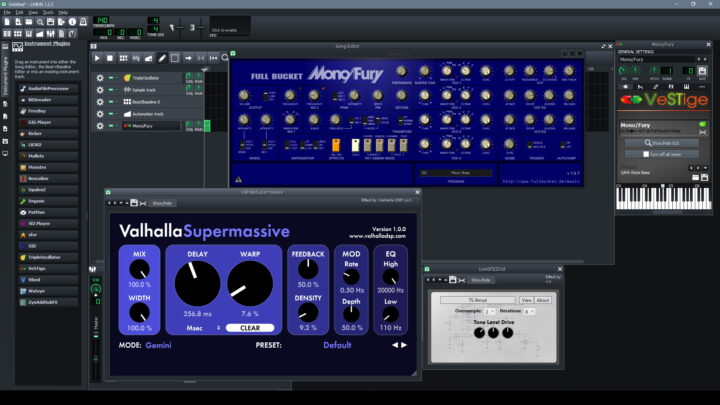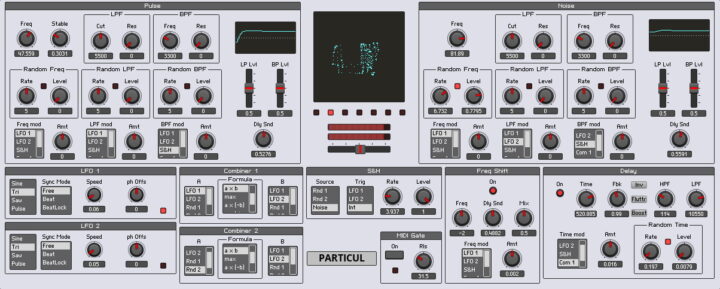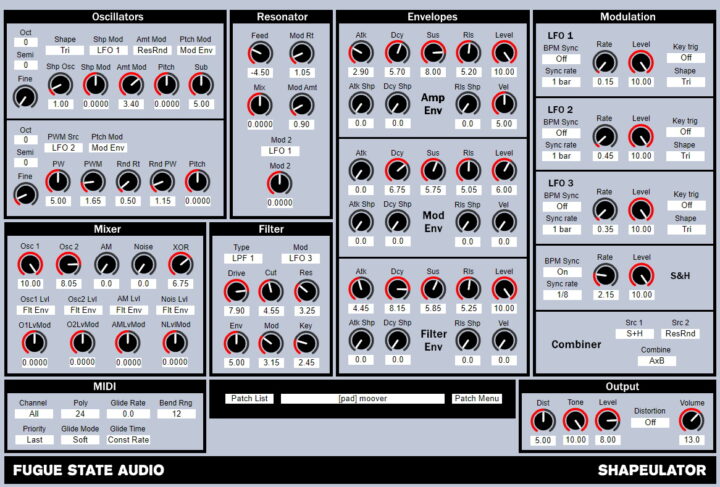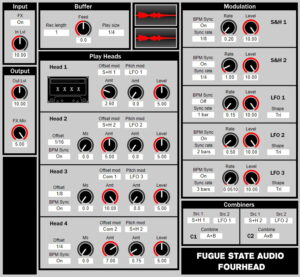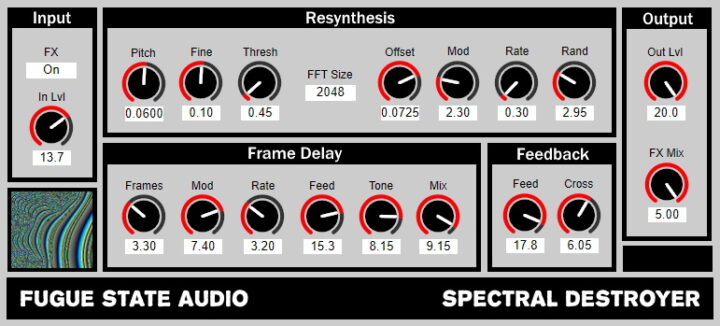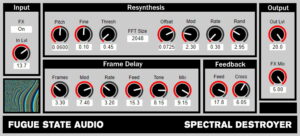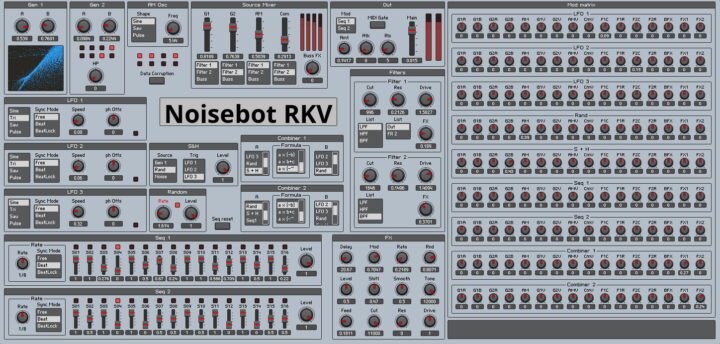This is something I’ve been meaning to do since I heard about it, and finally got finished and sent. I have contributed a set of samples to the Stargate Sample Pack, which is described like so:
A properly open source, crowd sourced, free, royalty-free, attribution-free sample pack, designed for the common use-cases and a relatively small download size. Stargate DAW projects bundle the samples they use, but nearly all sample packs either do not allow redistributing samples, or have vague licensing that makes distributing samples questionable or difficult. This sample pack aims to create high quality samples, for free, that can be used by anybody for any purpose, without restriction.
My contribution includes drums, loops, some guitar noises, synthetic sound fx, and a few “found sounds.”
I mentioned the Stargate DAW in an update to the “Free Windows Studio” article, but in case you haven’t heard about it, it is described by the devs as “a DAW for everybody, regardless of socio-economic status,” and is designed to be “capable of running on all CPU architectures, past, present and future.” Though I haven’t found time to play with it much myself, I really like the idea, and I’m excited to be contributing in some small part to the project. You can read more about it (and how to contribute yourself if interested) here:
GitHub – stargateaudio/stargate-sample-pack
A properly open source, crowd sourced, free, royalty-free, attribution-free sample pack, designed for the common use-cases and a relatively small download size. Stargate DAW projects bundle the samples they use, but nearly all sample packs either do not allow redistributing samples, or have vague licensing that makes distributing samples questionable or difficult.
